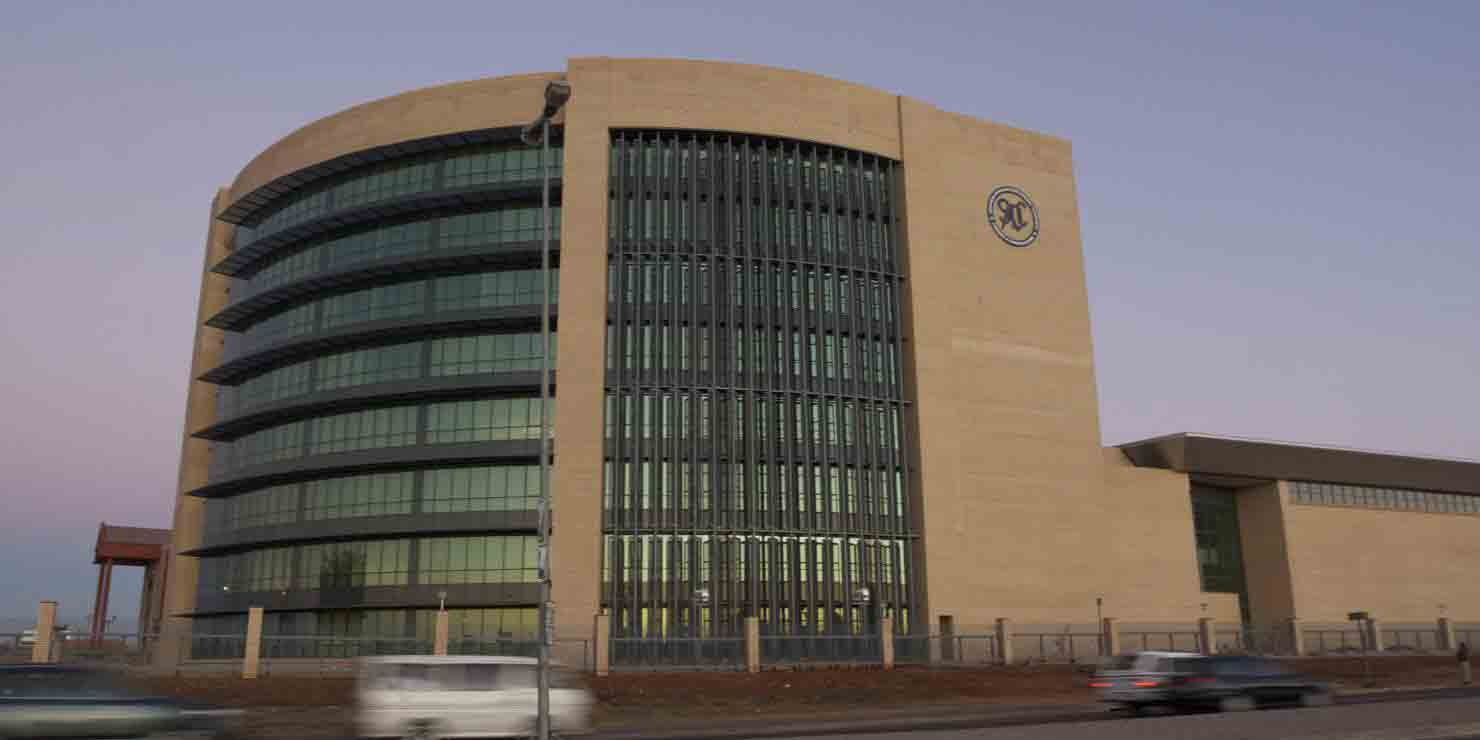

Botswana’s strategic location as the headquarters of SADC and host of the Kimberly Diamond Process in 2023 positions it as a key player in regional and international cooperation, writes DOUGLAS RASBASH
With the overthrow of the sitting government of Niger in July making it the 13 coup d’état in Africa since 1999 – we explore how coups can be reduced and what role Botswana can
play. Have in mind the much-talked about BRICS, (currently the subject of an exclusive Gazette serial feature) whose success assuredly depends on stability.
Conflict in Africa
All of African development suffers when just one of its nations reverts to conflict to resolve its problems. Countries such as Algeria, Egypt, Eritrea, Ethiopia, Burkina Faso, Chad, the Democratic Republic of the Congo, Ghana, the Ivory Coast, Libya, Mauritania, Mozambique, Niger, Somalia, Sudan, Tanzania, Togo, Tunisia, Uganda, and Yemen are all currently experiencing some form of conflict.
Let us return to Niger where ECOWAS and France are seriously threatening military action if the coup leaders do not reinstate the overthrown government of President Mohamed Baoum. ECOWAS is known for its ability to resort to coercive diplomatic action, as necessary. Since ECOWAS is one of the six African regional economic groupings (RECs), we must firstly look at regional integration, which is a complex process that is fully supported by Botswana that aims to bring neighbouring countries closer together through enhanced economic, political and social cooperation.
Achieving regional integration
However, achieving regional integration amidst excessive conflict poses significant
challenges. It precisely accords with the well-known saying, “Trouble in one hut
poses trouble for the village.” Striking a balance between non-interference in internal affairs and the expediency of containment becomes crucial in fostering cooperation and peace while promoting economic development through trade. Yet, deep cooperation and fraternal relations between African nations must remain the overarching imperative which best enables wellness, social and economic development, prosperity, stability and peace.
Diplomatic effort
Secondly, let us appreciate that diplomatic effort plays a vital role in achieving shared goals. Diplomats act as mediators, facilitating dialogue among conflicting parties to find common ground and resolve disputes peacefully. By encouraging communication and negotiation, diplomatic engagement helps build mutual understanding and trust among nations, laying the foundation for cooperation and integration.
Additionally, establishing effective conflict-resolution mechanisms within regional organisations provides a platform for addressing conflicts promptly and effectively. Moreover, it must be acknowledged that trade-driven diplomacy is a catalyst for regional integration. Emphasising economic cooperation and mutual benefits encourages countries to collaborate, leading to economic interdependence and a shared interest in maintaining stability and peace. Through trade agreements and joint ventures, nations are incentivised to work together, fostering cooperation even amidst existing tensions.
Cross-border infrastructure
Thirdly, investing in cross-border infrastructure plays a significant role in achieving regional integration. Improved road networks, railways, and communication systems enhance connectivity and facilitate movement of goods and people. Efficient transportation infrastructure paves the way for increased trade, creating economic opportunities and reinforcing cooperation among nations.
Regional organisations
Fourthly, regional organisations serve as essential mechanisms for fostering integration. Strengthening these institutions and multilateral treaties encourages harmonisation of policies and cooperation among member states. By providing forums for addressing conflicts and developing integration strategies, these organisations play a vital role in bringing stability and prosperity to the region.
Furthermore, building the capacity of regional institutions to handle conflicts and
engage in preventive measures is essential. Training peacekeeping forces, conflict analysts, and mediators enhances the region’s ability to respond promptly and effectively
to conflicts, reducing their impact on integration efforts.
Informal dialogues
Fifthly, engaging civil society, academia, and non-governmental organisations through Track II diplomacy complements official efforts. Informal dialogues create spaces for people-to-people interactions, fostering understanding and cooperation. Furthermore, inclusivity of all stakehold ers in the integration process is crucial. Engaging marginalised groups and listening to their concerns contributes to the stability and sustainability of integration efforts.
Economic diversification
Sixth, most are aware that promoting economic diversification within the region reduces over-reliance on specific commodities or resources, minimising potential conflicts arising from resource competition. Diversification encourages countries to focus on complementary industries and trade, thereby fostering interdependence and cooperation.
Diplomacy’s constant call is implementing mutual trust-building measures that reduce tensions and encourage cooperation among nations. Transparency, information sharing, and joint efforts to address common challenges contribute to building trust, fostering a positive environment for regional integration.
Achieving regional integration amidst conflict demands a delicate balance between non-interference and trade-drivendiplomacy. By prioritising diplomatic engagement, economic cooperation, and conflict resolution mechanisms, countries can work towards lasting peace and prosperity in the region.
Trade driven diplomacy
Trade-driven diplomacy becomes the driving force behind integration efforts, creating incentives for cooperation and economic interdependence. Though challenges remain, a well-balanced approach to regional integration can pave the way for stability, development, and prosperity for the region as a whole. BRICS will also require a significant increase in diplomatic effort and resources.
For example, while all BRICS countries have full representation in Botswana, the country has full representation only in South Africa and India and a consulate in China and no diplomatic infrastructure in Brazil or Russia. If Botswana was to join BRICS and pay for trade using the BRICS currency, it would certainly need to increase diplomatic activity with the BRICS+ countries.
Successful interventions
It is important to dwell on examples of successful interventions in regional integration in Africa. Under the auspices of the African Union, the six regional economic groupings or RECs have been instrumental in promoting regional economic integration and political cooperation in West Africa. They have played a vital role in mediating conflicts, such as in Sierra Leone and Liberia, contributing to stability and peace in the region. ECOWAS certainly has its work cut out because this REC is conflict prone.